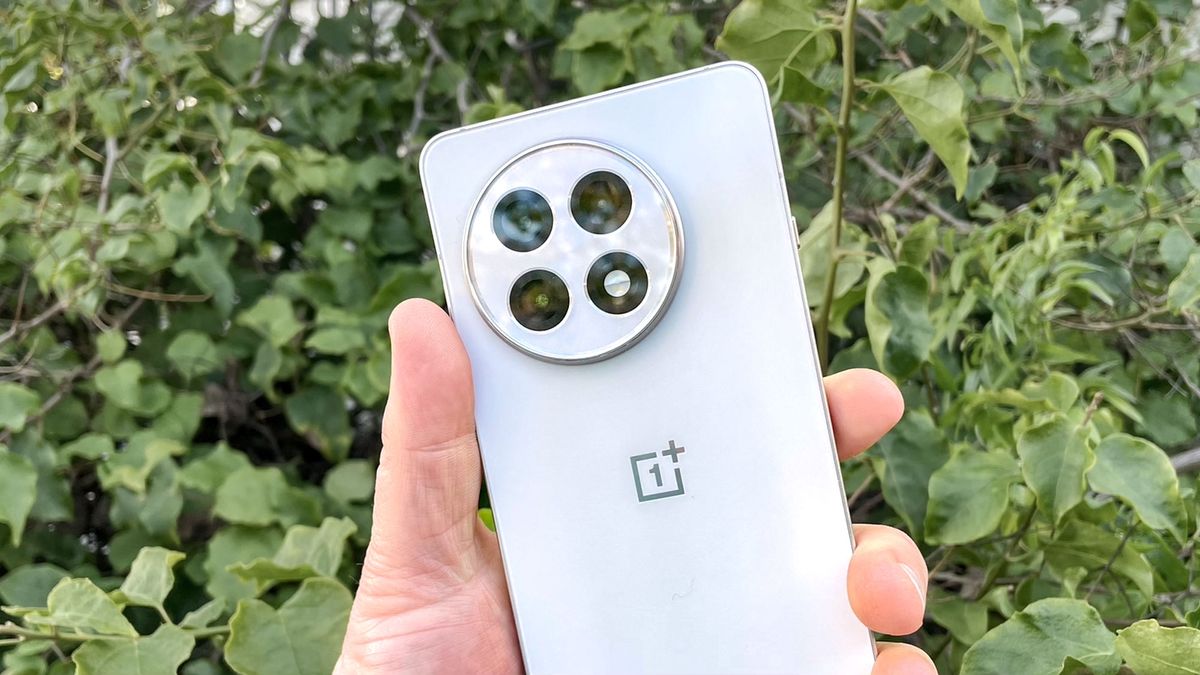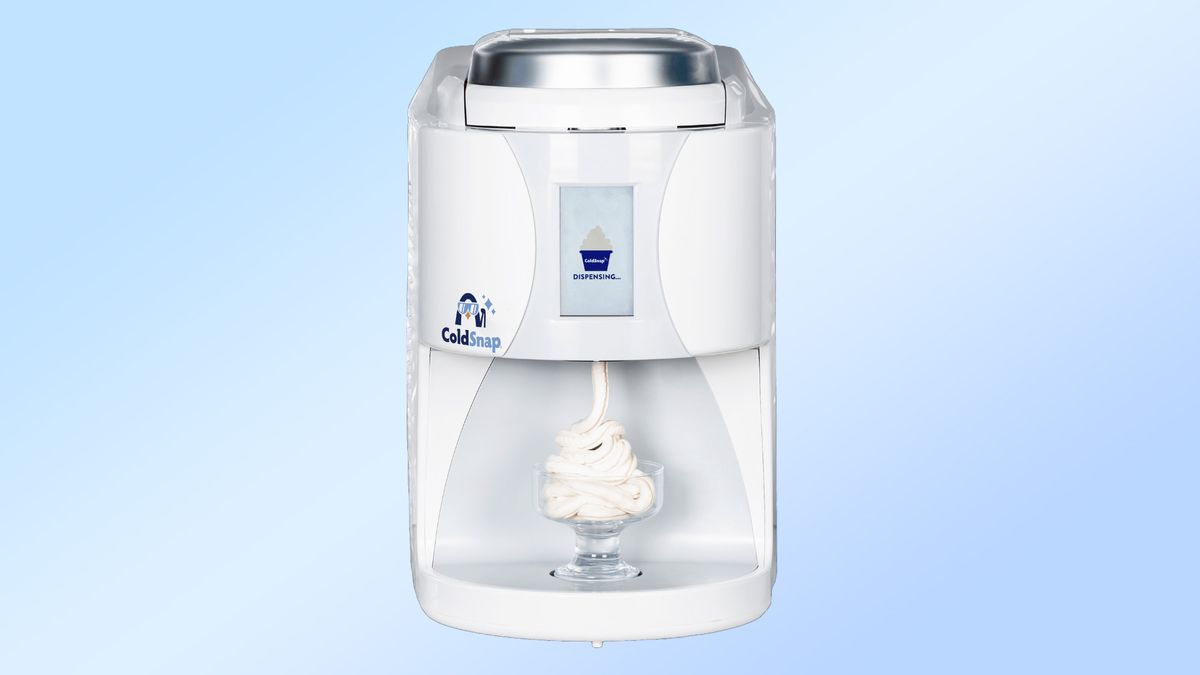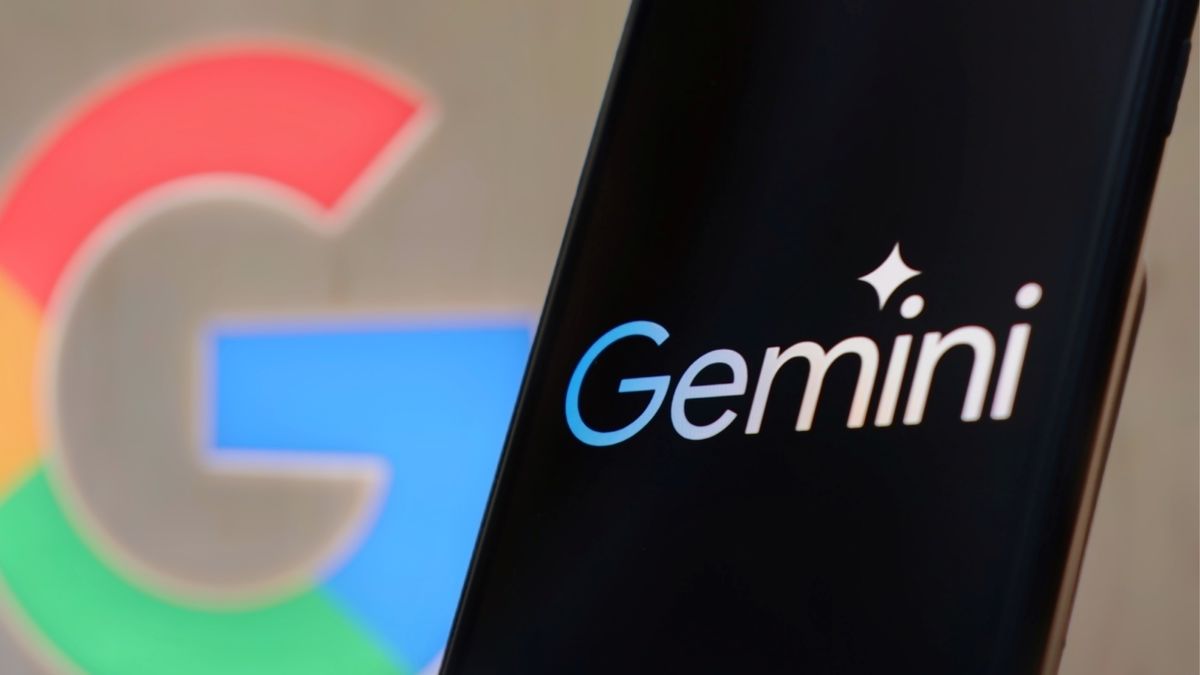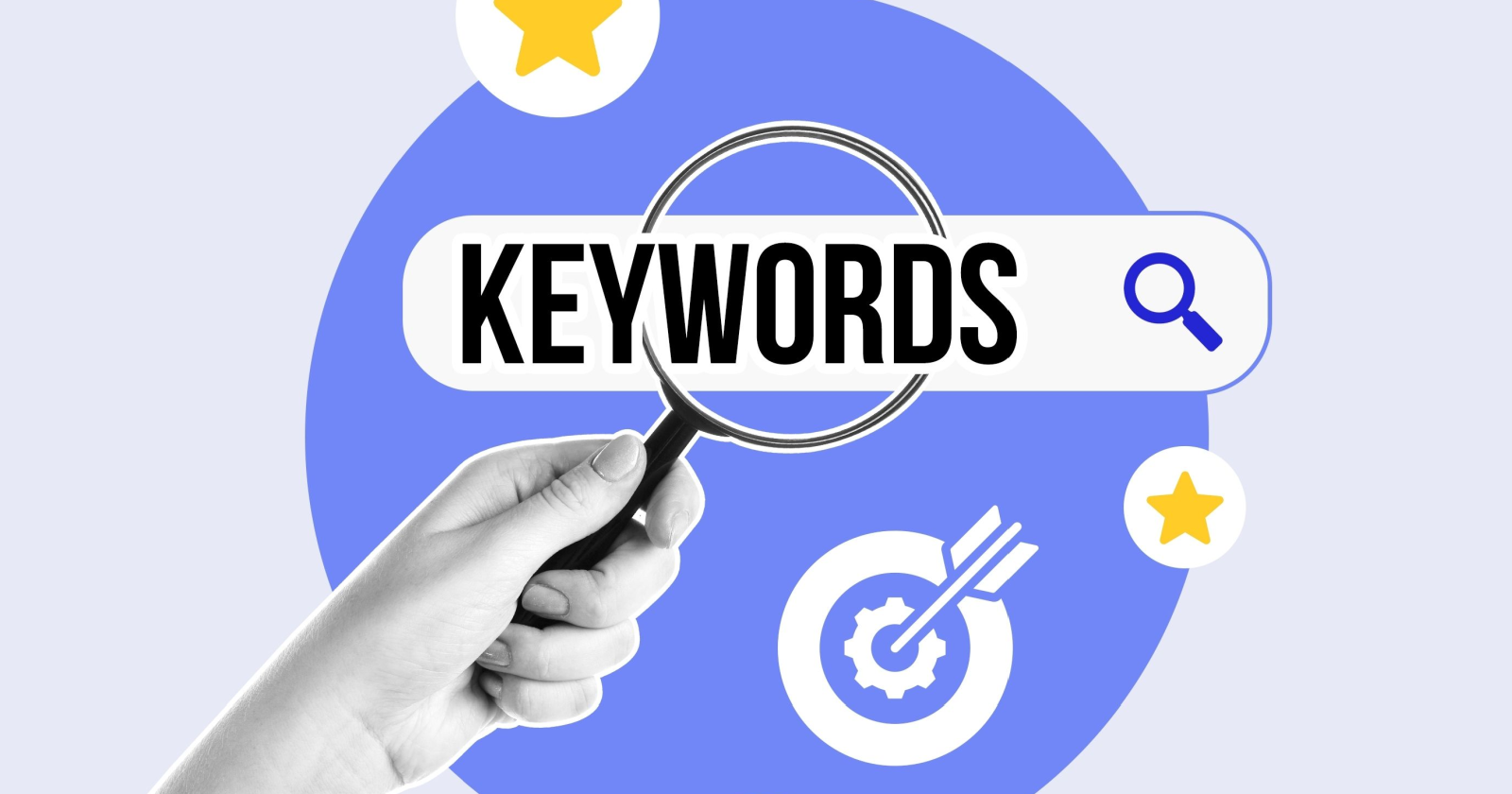“Buy Now Pay Later” offers can be enticing when you want something and can’t justify buying it in one go. Sadly, the rise in BNPL popularity has made it a lucrative target for cybercriminals—putting both consumers and providers at risk.
Cybercriminals profit from BNPL fraud using the personal information of identity theft victims. BNPL identity theft can hurt financial health and may prevent you from achieving a good credit score.
It’s important to safeguard yourself against growing online threats like identity theft. You can easily do this by taking measures to keep your personal information private. In this article, we’ll discuss everything you need to know about how BNPL scams work, how they can impact your credit history, and how to prevent them.
ExpressVPN’s Identity Defender features a Credit Scanner that lets you see your Experian credit score at a glance. It also keeps you informed about any activity affecting your credit score. It’s available to ExpressVPN users in the U.S. with a two-year subscription plan.
What is BNPL fraud?
BNPL stands for “Buy Now, Pay Later”—a payment scheme that lets you purchase items like electronics, luxury goods, furniture, and more while spreading the cost over time. It’s convenient for people who want to avoid paying the full price upfront, especially for medium to high-cost items.
BNPL fraud occurs when criminals exploit these payment schemes for illegal purposes. This includes identity theft, where fraudsters use stolen information to infiltrate accounts, steal money, and make purchases. On a small scale, they may keep items for themselves but on a larger scale, criminals might resell products for profit.
The BNPL industry is on the rise and is expected to be worth 3.3 trillion USD by 2030. This makes it an attractive opportunity for cybercriminals to exploit, making it important to know how it happens.
How does BNPL fraud happen?
BNPL fraud isn’t always cybercrime rings stealing from regular consumers—it’s also consumers taking advantage of BNPL providers. Let’s go into more detail about the two sides of the coin.
Individual BNPL fraud
It’s still considered fraud when consumers buy items without planning to pay for them, even if they don’t realize it. Buy Now, Pay Later makes shopping easy with instant approval for online purchases. They’re designed this way, but providers often don’t do due diligence when authenticating users.
Consumers often find loopholes in the authentication or follow-up process and take advantage of it. People often exploit the system and buy goods without paying the full price, they might even resell them for a profit. The BNPL providers then incur losses because they often lack the right resources to follow up on the debt.
People who do this under their own identity can stain their credit history. A credit bureau records the payment history which negatively impacts their credit score. When it comes to credit scoring, BNPL non-repayments are on the same level as not paying back credit card debts.
Here are some common types of individual BNPL fraud:
- Non-repayment fraud: Scamming consumers use various tricks–like fake identities and stolen accounts–to place orders and never pay beyond the initial payment.
- Refund abuse and “friendly fraud”: Some customers claim refunds for items they don’t return. Others falsely say they didn’t purchase to get a chargeback, keeping both the item and their money.
Fraud rings using identity theft
Another form involves criminal groups using stolen personal information. These fraudsters make purchases through BNPL services and leave victims unaware until it’s too late. This can lead to lost goods and damage to your credit score.
Here are the most common types of organized BNPL fraud:
- Account takeover fraud: Scammers steal usernames and passwords, often through phishing, to access accounts. They pretend to be the account owner, make purchases, and go unnoticed until the real owner realizes.
- Synthetic identity fraud: Fraudsters mix real information from online profiles with fake details like names and birthdays to create fake identities. These fake identities are used to make purchases through BNPL (Buy Now, Pay Later) services with no intention of paying back. Since these identities aren’t real, companies end up writing off the losses as bad debt.
- New account fraud: Malicious actors create new accounts using stolen personal data from hacks or breaches. BNPL providers often struggle to detect this due to weak KYC (Know Your Customer) and anti-money laundering checks.
Identity theft is no joke—the FTC received more than 1 million complaints in 2023 and total financial losses were more than 10 billion USD.
When you’re a victim of identity theft, the financial impact can last a long time. If you don’t want to let anything prevent you from achieving a good credit score, it’s worth taking precautions.
If you live in the U.S., you can monitor your credit score and protect yourself against identity theft with ExpressVPN’s Identity Defender.
This suite includes four essential products to provide comprehensive protection against identity theft and credit score damage:
- ID Alerts
- ID Theft Insurance
- Data Removal
- Credit Scanner
Signs of identity theft
If you want to minimize potential damage, catching identity theft early on is critical. However, you need to know what to look for. We’ve put together a list of signs of identity theft to help you stay vigilant.
- Unfamiliar accounts or charges: New credit accounts or transactions you didn’t authorize appear in your credit accounts or statements.
- Errors in your credit reports: Incorrect account information or changes in your credit file show up on your Experian credit report, Equifax credit report, or other reports.
- Unexpected denials: Your credit application for a loan, auto loan, or credit card is denied without clear reason.
- Soft inquiries you don’t recognize: Unknown lenders are checking your credit reporting without your knowledge.
- Bills or communications from unknown accounts: You get mail or calls from credit card companies about accounts or debts you never opened.
- Unexplained drop in credit score: Your FICO score or VantageScore credit score suddenly decreases.
- Missing mail: You stop receiving important financial statements or notices, which could mean someone redirected your mail.
- Signs of new credit activity: Lenders contact you about new credit accounts or changes you didn’t make.
Don’t have time to be on the constant lookout for identity theft? ExpressVPN’s Credit Scanner does the legwork for you. You can monitor your credit score at a glance and if anything looks fishy—we’ll notify you.
Can identity theft ruin a good credit score?
Credit scores play a key role in your financial life. They impact everything from securing an auto loan to determining your interest rate on a mortgage. There are multiple types of credit scores, and understanding how they differ is essential for managing your credit effectively.
- FICO scores: The FICO score is one of the most widely used credit scoring systems. It considers several factors from your credit file, including payment history, amount of debt, and new credit accounts.
- Experian credit scores: Experian provides credit scoring tools, including Experian Smart Money and Experian Boost. It lets you include positive data like utility and cell phone payments in your score to improve it.
- Equifax credit scores: Equifax uses both traditional and customized scoring models, like the Equifax Core Credit score. You can get a free copy of your Equifax credit report once a year as allowed by federal law.
How to prevent identity theft
Protecting your identity doesn’t have to be complicated. You can reduce the risk of identity theft and keep your personal information secure with a few simple steps,
Here’s how to protect yourself:
- Monitor your credit regularly: Check your Experian credit report, Equifax credit report, and other reports for errors or signs of identity theft. Use services like Experian Smart Money or Experian Boost for added tools.
- Secure your online accounts: Use strong, unique passwords for all accounts, including your digital checking account. Enable two-factor authentication whenever possible.
- Be cautious with your information: Avoid sharing sensitive details like your Social Security number unless absolutely necessary, and shred documents containing personal data.
- Limit public Wi-Fi use: Avoid accessing financial accounts over public networks. Use a VPN for added security.
- Freeze your credit file if needed: If you suspect fraud, place a freeze on your Experian credit files and other bureau reports to block unauthorized new credit accounts.
ExpressVPN’s Identity Defender protects your personal information with tools like ID Alerts and Credit Scanner. It warns you about threats and includes insurance for certain losses. It’s available for new U.S. users and works in the ExpressVPN app.
FAQ: About BNPL scams and your credit score
You can check your credit score for free by requesting a free credit report annually from the three major credit bureaus: Equifax, Experian, and TransUnion. You can also use ExpressVPN’s Credit Scanner, which will show your Experian credit score at a glance and alert you about any activity that impacts your score.
Experian states that with a credit score range of 300 to 850, scores between 670 and 739 are considered good. Scores of 740 or higher are very good, and scores of 800 and above are excellent.
BNPL (Buy Now, Pay Later) is a payment option that lets you purchase items upfront and pay for them in smaller installments over time. It’s commonly offered by retailers and online stores.
BNPL fraud is any fraud involving “Buy Now Pay Later” schemes. It can be consumers buying goods without any intention of repaying or fraud organizations using stolen personal information to impersonate real people with false accounts.
Yes, identity theft can harm your credit score. If someone opens accounts in your name and runs up debts, it can affect your credit history and score. This makes it harder to get loans or credit in the future. For this reason, it’s important to take measures to protect yourself against identity theft.
If you’re a victim of identity theft, cybercriminals can access your accounts. Report it to authorities straight away, contact your bank, and place a freeze on your credit reports. Monitor your accounts closely for signs of unauthorized activity. This helps prevent further damage.
If you don’t repay BNPL, you may face late fees, your account could be sent to collections, and your credit score may drop. This can also make it more difficult to access other forms of credit in the future.




















 English (US) ·
English (US) ·